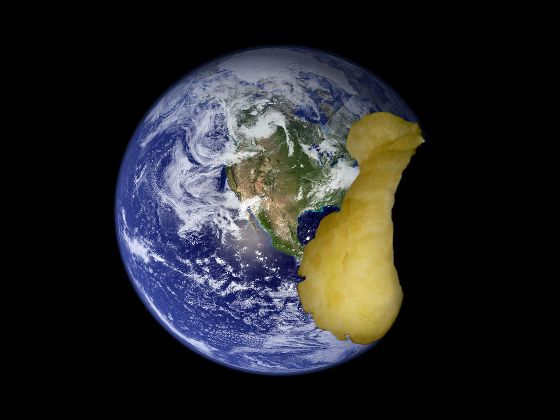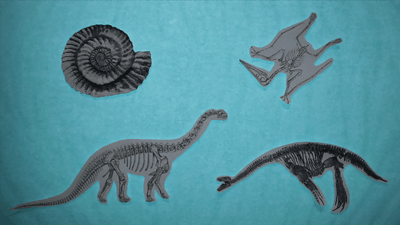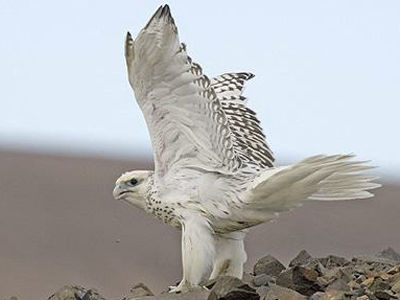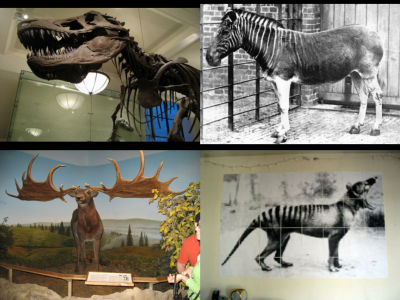It turns out that there is no longer "untouched" place on this earth

ByAndy Cull
Words such as "a secret unknown to anyone" are often seen in travel brochures,Movie themeSometimes it is taken up as. However, it is clear that by the latest survey, there is no longer "an incomprehensible place not touched by anyone" on the earth.
It's official: there are no more 'untouched' places left on Earth - ScienceAlert
http://www.sciencealert.com/it-s-official-there-are-no-more-untouched-places-left-on-earth
Nicole Boydan, an archaeologist at Oxford University and GermanyMax Planck Institute for the Science of Human HistoryHas investigated archeology research over the past 30 years and examined the data set and statistical model of the DNA of an ancient organism. As a result, "The impact human beings have on the earth is not based on changes in society and technology due to the industrial revolution,PleistoceneIt had already occurred in the latter part of. An example that the population increase of human beings has been related to the extinction of living things goes back to 195,000 years ago ". Researchers say the earth's ecosystem has been greatly influenced by the decline of large fauna that occurred 10,000 to 50,000 years ago and the number of animals spraying the seed has decreased, the researchers said.
Also, as human beings started farming, plants and animals were unprecedentedly affected by the spread of seeds. At this time, there are living creatures extinct as a result of human farming, but the number of dogs, sheep, goats, chickens, cows, etc, which people preferred to the contrary has drastically increased.

ByJay Melnick
Furthermore, when mankind colonises the island, new flora and fauna will be brought to the island, whereas the ancient island species will be brought out to the outside world. In the bronze age, trade has become popular, and these trends accelerate. Since then, until the Industrial Revolution the impact of human beings on the ancient island ecosystem has become stronger. In other words, mankind has continued to give impact to the Earth by raising livestock to settle on the island where people in the outside world had no connection with other worlds so far.
From the above, researchers say, "If we want to protect the Earth from the threat currently faced by the Earth, we need to take a more practical and broad approach." "Archaeological evidence is important for understanding and awareness of the deep impacts of mankind. If you deepen your understanding of what" human beings are affecting the environment "is, If you want to protect it, you may need to change your way of thinking, not the idea of "returning the earth to its former state", but rather "how to make clean air and fresh water in the future You should think that you can leave it behind, "Mr. Boibin said. Because "the earth in the original state" has not existed for thousands of years here. We do not try to regain the imaginary oasis which we believe existed before, but we need to concentrate on good deeds that can be done "now" on the Earth.
"The numerous data of archeology shows that" human beings can rebuild the earth's ecosystem and change it dramatically. "Then, the next will be" what we like for the future There is a question of how to create an ecosystem? "Mr. Boibin says," We will make happy the human beings and other living things, prevent extinction of large species and prevent new climate change Suggesting that building an ecological system will be an important task for the future.

ByJD Hancock
Related Posts:
in Note, Posted by darkhorse_log







